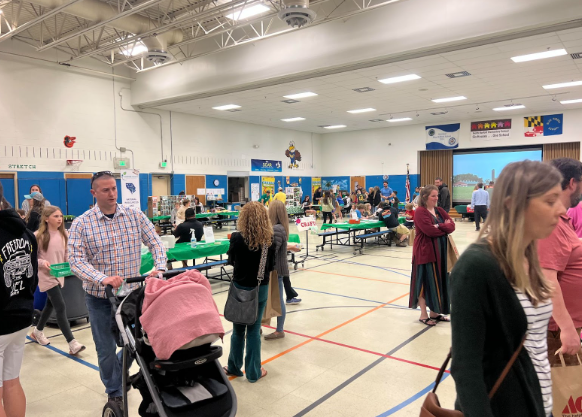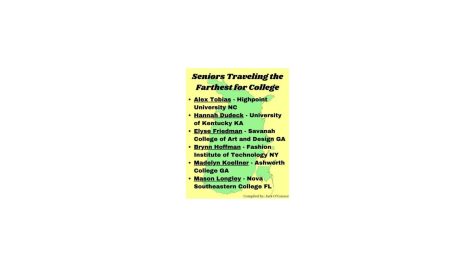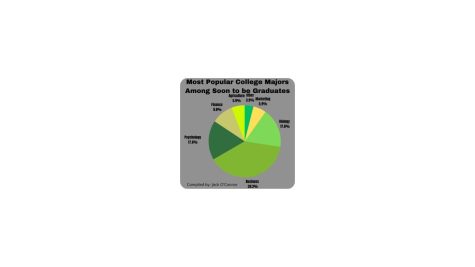Shopping situation: Visiting stores, taking precautions create challenges
April 27, 2020
According to the Center of Disease Control, the most vulnerable persons to the Coronavirus are “Older people, and people with pre-existing medical conditions.” Their weakened immune system places them at a higher risk of contracting the deadly virus.
The CDC reports chronic disease impacts nearly 133 million Americans, which is 40% of the United States population. Young adults “between the ages of nine and 18” are at a lower risk of developing the respiratory illness according to the CDC.
Being exposed to the virus is likely at essential stores such as grocery stores, food establishments, and home improvement shops because this is where mass amounts of people are gathered.
Some students at North Harford High School say they have been putting themselves at risk of contracting the virus by shopping for essentials their family members. Shopping for daily needs has become a “struggle for people of all ages,” according to senior, Elizabeth Quigg.
Junior Leah Festerman works at Forest Hill Shoprite, and explains that the store and its workers are taking “all the precautions possible to ensure safety for everyone.”
She explains before every shift “each worker gets their temperature checked.” She believes “this makes the community feel safer when coming to our store.”
Festerman continues with, “I’m concerned when leaving the house,” for the safety of the public and herself.
When visiting the grocery store junior Erin O’Leary “wears a mask and gloves” to ensure her safety. She mentions it’s “important” to wear a mask so “other people and I feel safe.”
Festerman made sure to “constantly use hand sanitizer” and clean her groceries when she arrived home after shopping for her family.
A common supply Quigg had troubles finding was toilet paper. She adds, “Going to multiple stores to find an essential item is ridiculous!”
Another problem she encountered was parking because the stores “seemed to be crowded all hours of the day.”
O’Leary mentions that she is “glad to be getting the essentials for her family” she adds, “It makes [her] feel more comfortable” than exposing her family members to the virus who are immunocompromised.
Junior Ashley Worden and her family try to make meals at home as much as possible to “decrease the amount of exposure.”
She believes food made from home is safer than picking up food from a restaurant because “people are interacting during a pick-up or delivery.”
Worden is “happy to go shopping for the members of her family” due to the risk of her catching the virus being minimal. She adds, “I[She] want to protect my family as much as possible from the illness.”
Overall, when visiting a store Quigg describes her experience to be “tedious.” She describes if you get too close to someone “they usually give you dirty looks or walk far away from you.”
She adds, “taking these extra precautions can be difficult since it”s not the norm.”















